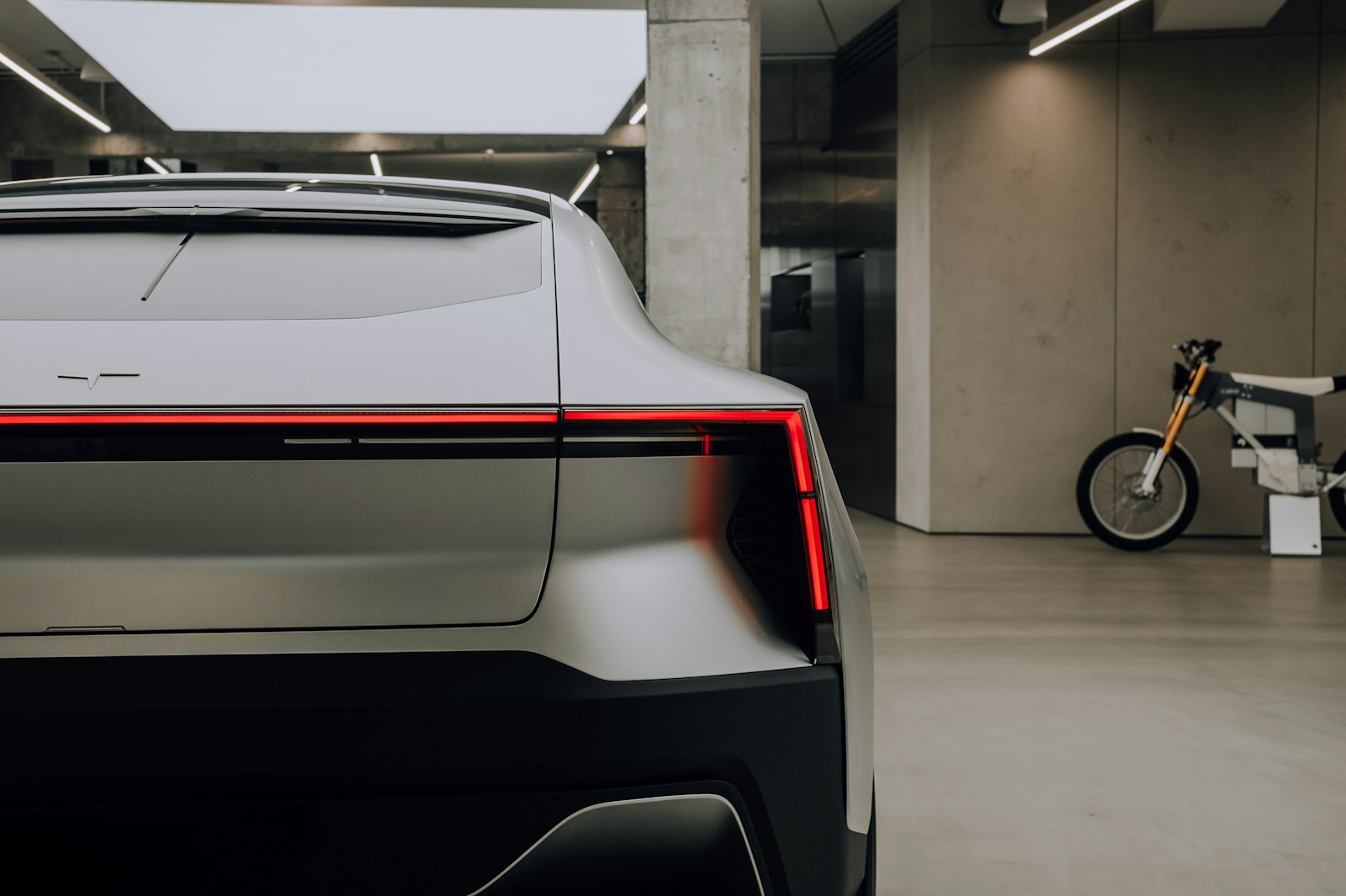
Are electric vehicles harder and more expensive to insure?

Yes, electric vehicles (EVs) can be more expensive to insure than traditional gasoline-powered cars, although this can vary based on several factors.
Here are the main reasons why EVs might be more expensive to insure:
1. Higher Initial Purchase Price
- Cost of the vehicle: EVs, especially new models, tend to be more expensive than comparable gasoline cars due to the cost of their batteries and advanced technology. A higher vehicle value means higher premiums because insurance companies often base premiums on the cost to repair or replace the car.
2. Expensive Repairs and Parts
- Repair costs: EVs generally have fewer moving parts than internal combustion engine (ICE) vehicles, but the parts they do have—such as the battery pack and specialized electrical components—can be very expensive to replace or repair. This can drive up insurance premiums.
- Specialized repair shops: Not all auto repair shops are equipped to handle the unique needs of EVs. As a result, repairs may be more costly and require specialized parts, further raising the potential cost to insurers.
3. Battery Replacement Costs
- The battery in an EV is one of its most expensive components. Although EV manufacturers offer warranties for the battery (typically 8 years or 100,000–150,000 miles), the potential cost of replacing a battery after it goes out of warranty can be very high. If a car is totaled, the cost to replace the battery can influence the overall repair/replacement cost, which impacts the insurance premium.
4. Increased Risk of Total Loss
- In some cases, accidents involving EVs can be more likely to result in the vehicle being written off as a total loss (due to the high repair costs or the difficulty in sourcing parts), which can lead to higher premiums.
5. Safety Features
- Advanced technology: EVs often come equipped with high-tech safety features like autonomous driving systems, collision sensors, and more. While these can lower the likelihood of an accident, they also can increase the repair costs if they’re damaged. Insurance providers may factor this into the overall premium.
6. Limited Availability of Replacement Parts
- If an EV is involved in an accident, finding replacement parts (especially for newer or less common models) can take time, making repairs more costly.
7. Driving Behavior and Usage Patterns
- Range and usage: Some EV owners use their vehicles for commuting or city driving, which could result in different risk assessments. On the other hand, some EVs may be seen as luxury or performance vehicles, which can also drive up insurance costs.
- Battery life and charging infrastructure: If you rely on public charging infrastructure, insurers might factor in the potential inconvenience or risks associated with long-distance travel or charging-related mishaps.
What Can Lower EV Insurance Costs?
- Safety and theft prevention: Many EVs have advanced safety features and are less likely to be stolen, which can help reduce premiums.
- Government incentives: Some insurance companies offer discounts for eco-friendly vehicles or electric cars as part of an environmental initiative.
- Battery coverage: Some insurers offer separate battery insurance or warranty coverage, which can be more affordable than standard auto insurance and could lower overall costs.
Conclusion
While it is true that EVs are often more expensive to insure than traditional vehicles due to their higher replacement costs and repair complexities, the actual insurance rate will depend on factors such as the make/model of the vehicle, your driving habits, your location, and the insurer’s own policies. It’s always a good idea to shop around for quotes from different insurers to find the best rate.
Categories: Blog
